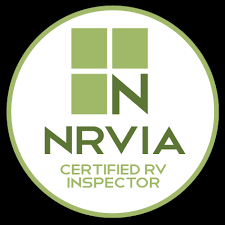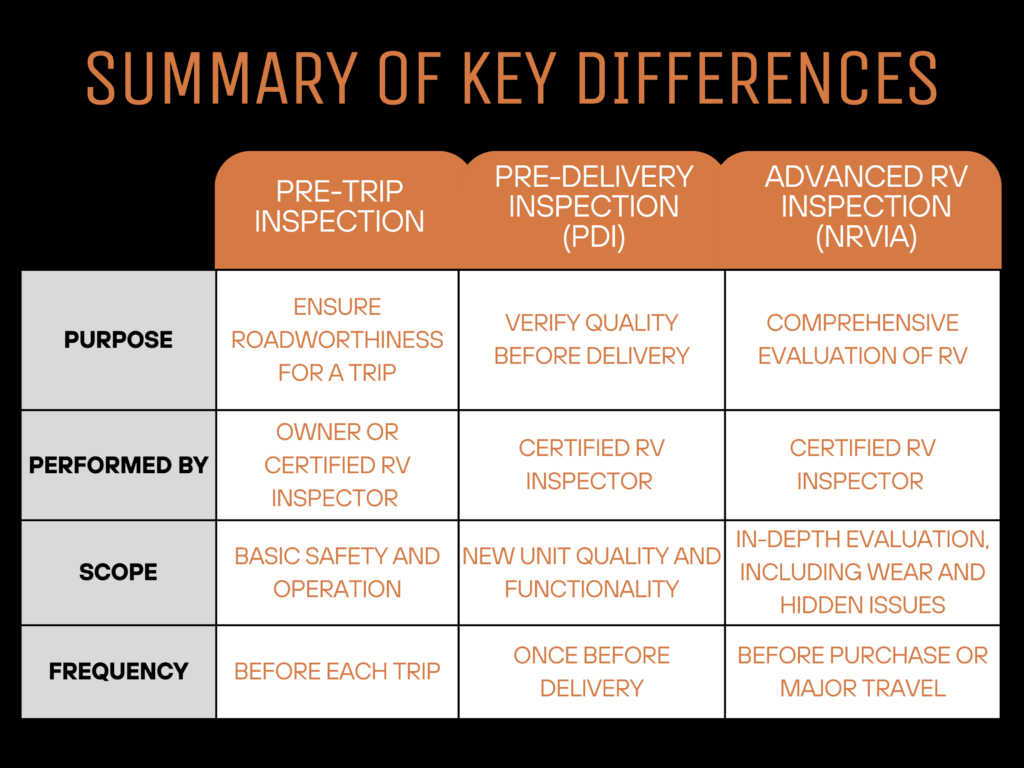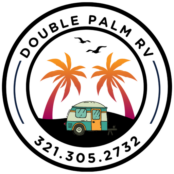RV Inspections
Why Choose a Certified NRVIA Inspector
Purchasing and maintaining an RV is a significant investment. Having a certified NRVTA inspector on your side ensures that your RV is thoroughly inspected by someone trained to identify potential issues before they become costly problems.

Expertise
NRVTA-certified and trained in the latest RV inspection standards.

Comprehensive Reports
Detailed, easy-to-understand inspection reports with photos and recommendations.

Peace of Mind
Know the true condition of your RV, whether you’re buying, selling, or maintaining.


Our RV Inspection Services
Pre-Trip Inspection
- Purpose: Ensure that your RV is roadworthy and safe before embarking on a trip.
- Performed By: Usually by the driver or owner.
- Scope: Focuses on operational safety and compliance with regulations.
- Tires: Pressure, tread depth, and condition.
- Lights: Headlights, taillights, brake lights, and turn signals.
- Fluids: Oil, coolant, brake fluid, and windshield washer fluid.
- Brakes and Steering: Functionality and responsiveness.
- Emergency Equipment: Fire extinguisher, first aid kit, and warning devices.
- Frequency: Performed before every trip or daily for commercial drivers.
Pre-Delivery Inspections (PDI)
- Purpose: Ensures that a newly purchased vehicle or RV is in proper working condition before it’s handed over to the customer.
- Performed By: Dealership or manufacturer technicians.
- Scope: Comprehensive inspection to confirm that the unit meets quality standards.
- Exterior: Check for scratches, dents, and paint defects.
- Interior: Test appliances, water systems, HVAC, and electrical systems in RVs.
- Mechanical: Engine, transmission, brakes, and steering system.
- Documentation: Ensure manuals, warranties, and registration documents are included.
- Frequency: Performed once customer chooses to take delivery or ownership.
Advanced RV Inspection
- Purpose: A detailed evaluation of a used or new RV to identify issues and ensure the RV meets safety and functionality standards. Often requested by buyers or owners before purchase or significant travel.
- Performed By: Certified NRVIA inspectors, who specialize in RVs.
- Scope: Extensive, covering all systems and components.
- Exterior: Roof condition, slide-outs, seals, and body integrity.
- Interior: Plumbing, electrical systems, appliances, and furnishings.
- Chassis: Suspension, tires, brakes, and undercarriage.
- Specialized Testing: Moisture levels, propane systems, and generator functionality.
- Report: Detailed documentation, including photos and recommendations.
- Frequency: Conducted when buying a new or used RV or before long-term travel.



Additional Inspections Offered
An RV warranty inspection is a thorough examination of a recreational vehicle (RV) to ensure that it meets the requirements for coverage under a warranty. These inspections are typically performed by certified professionals and are often required by warranty providers—whether for a manufacturer’s warranty, extended warranty, or third-party service contract. The purpose is to identify any defects, damages, or maintenance issues before the warranty takes effect or as part of ongoing coverage.
Key Aspects of an RV Warranty Inspection
Structural Integrity: Checking for issues with the roof, walls, windows, and doors to ensure there are no leaks, cracks, or other structural defects.
Plumbing Systems: Inspecting water lines, tanks, faucets, and the overall plumbing system for leaks or malfunctions.
Electrical Systems: Testing outlets, lighting, circuit breakers, batteries, and appliances to ensure everything is functional and within warranty standards.
HVAC Systems: Evaluating the heating, ventilation, and air conditioning systems for performance and functionality.
Propane Systems: Checking propane tanks, lines, and appliances for safety and compliance with warranty requirements.
Engine and Chassis (if applicable): For motorized RVs, inspecting the engine, transmission, brakes, suspension, and other critical mechanical components.
Exterior Components: Examining awnings, slide-outs, and exterior finishes for wear or damage.
Interior Components: Assessing cabinets, flooring, furniture, and other interior elements for defects.
Why It's Necessary
- Warranty Eligibility: Many warranties require an inspection to confirm the RV is in good condition when coverage begins.
- Preventative Maintenance: Early detection of issues can prevent more costly repairs down the road.
- Documentation: An inspection report serves as proof of the RV’s condition and can be used to support claims if issues arise later.
If you are purchasing an RV warranty or preparing for a claim, you may need to schedule an inspection with a certified RV technician approved by your warranty provider.
